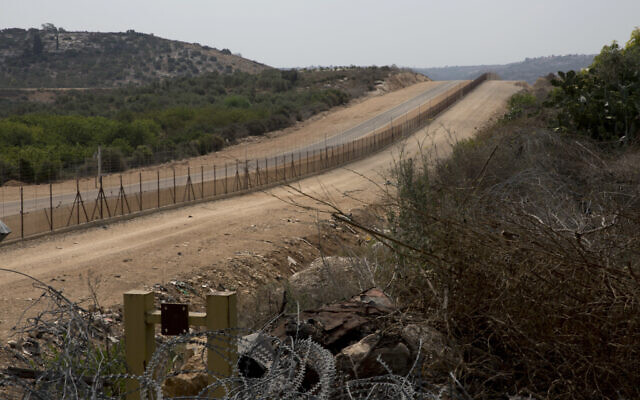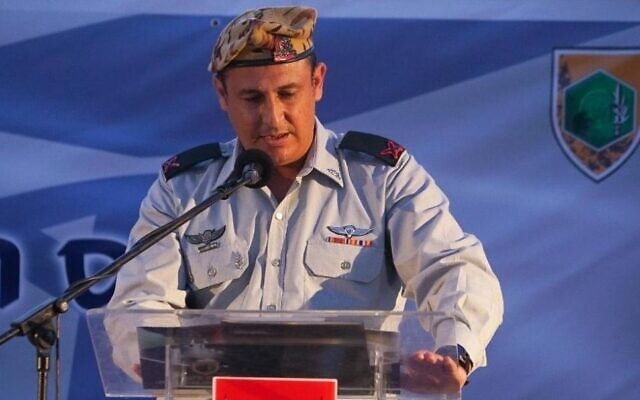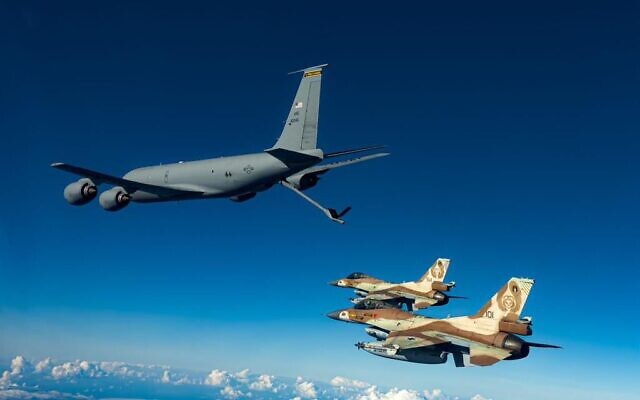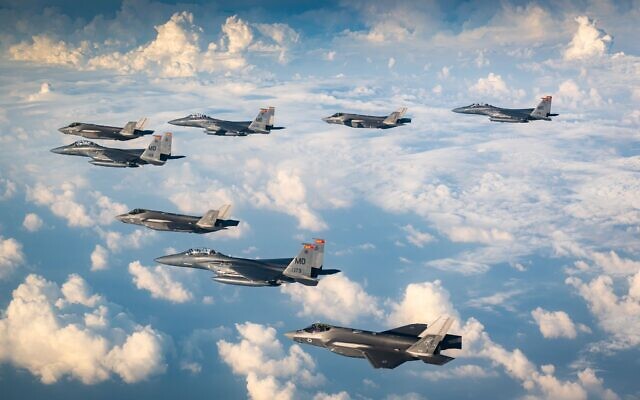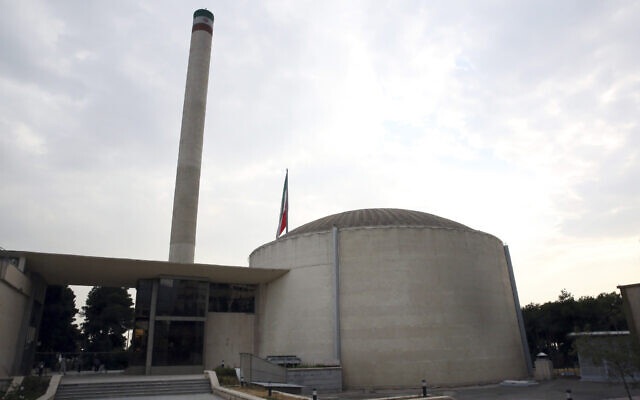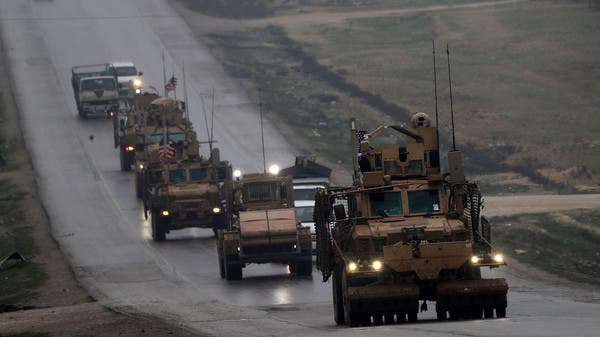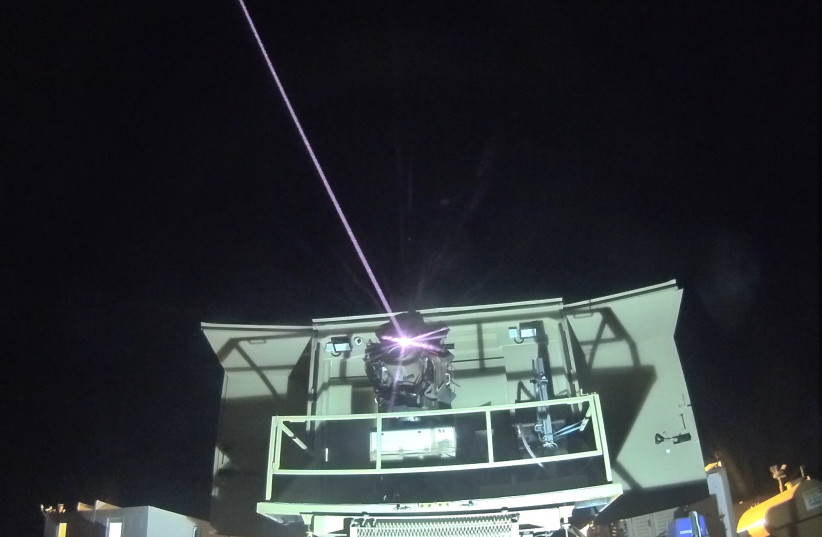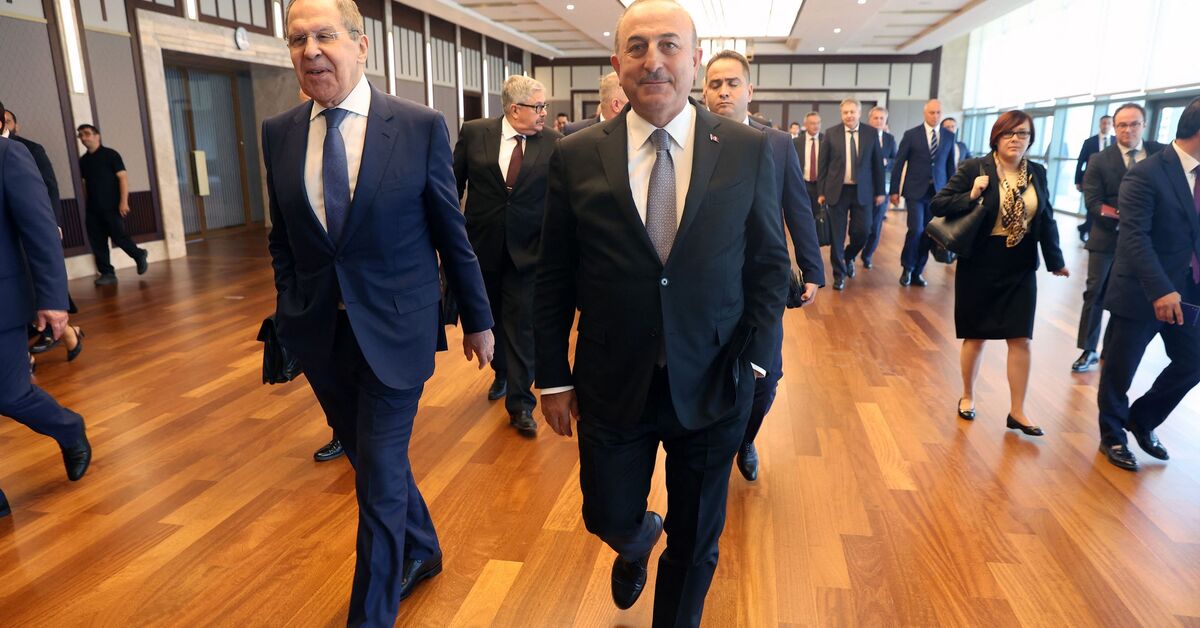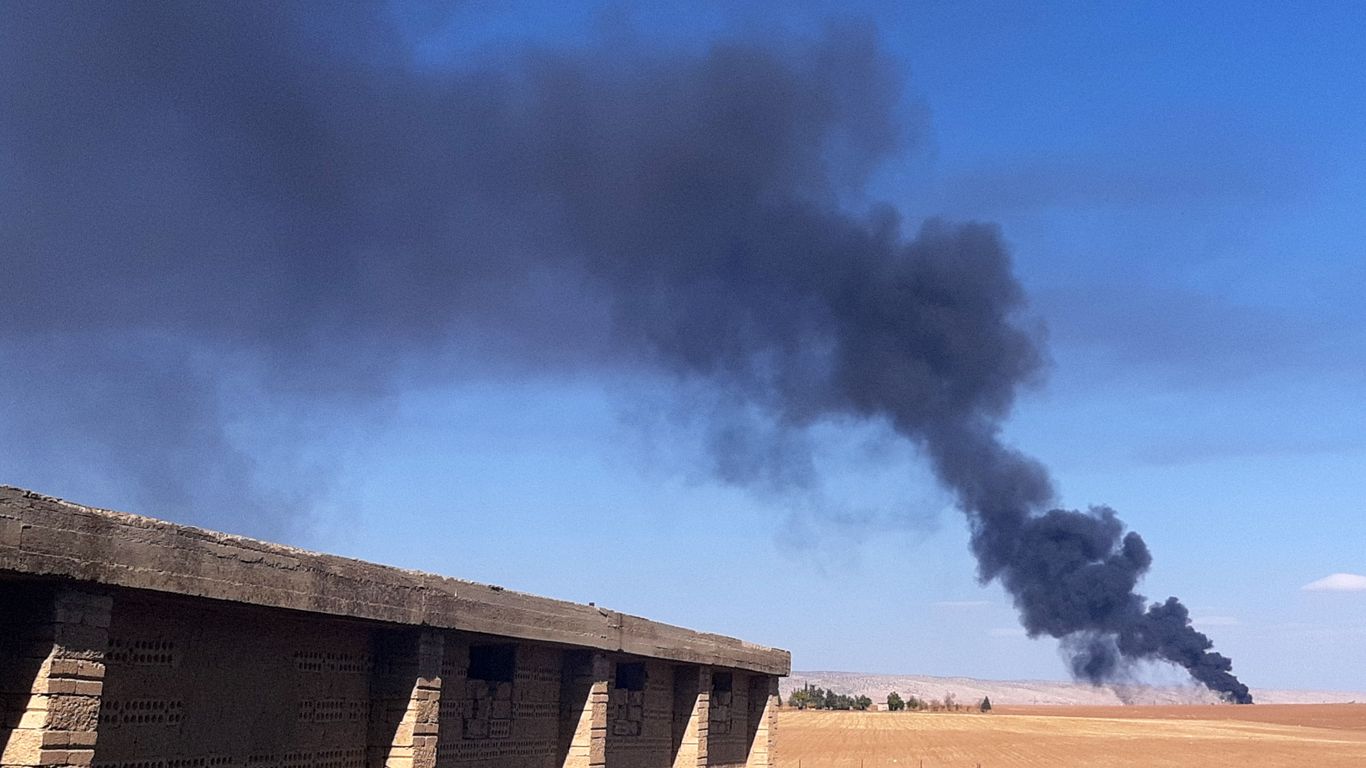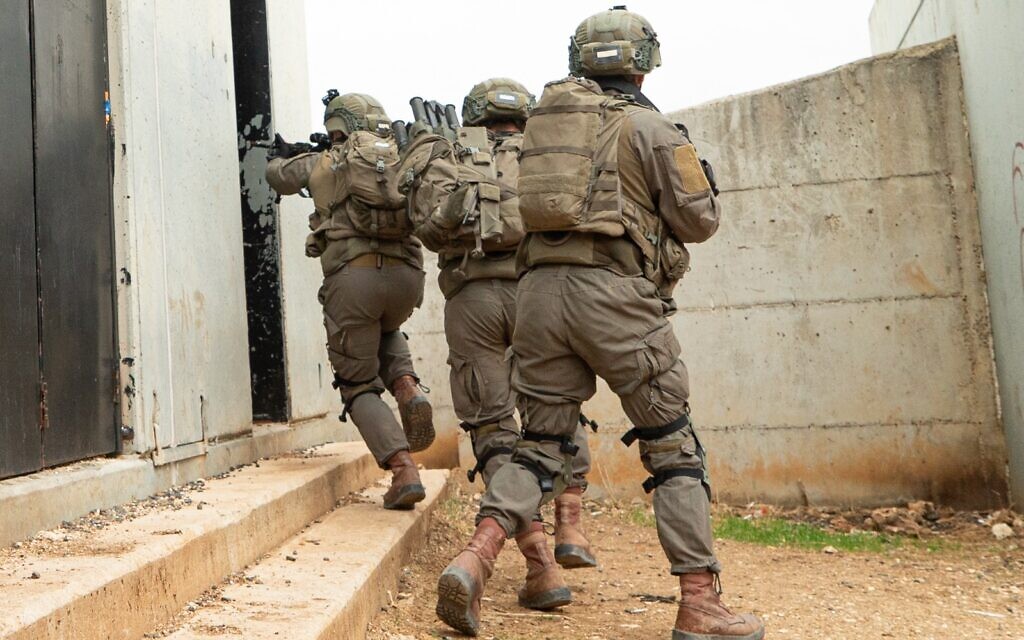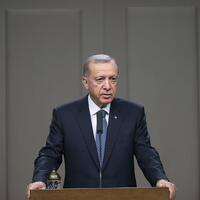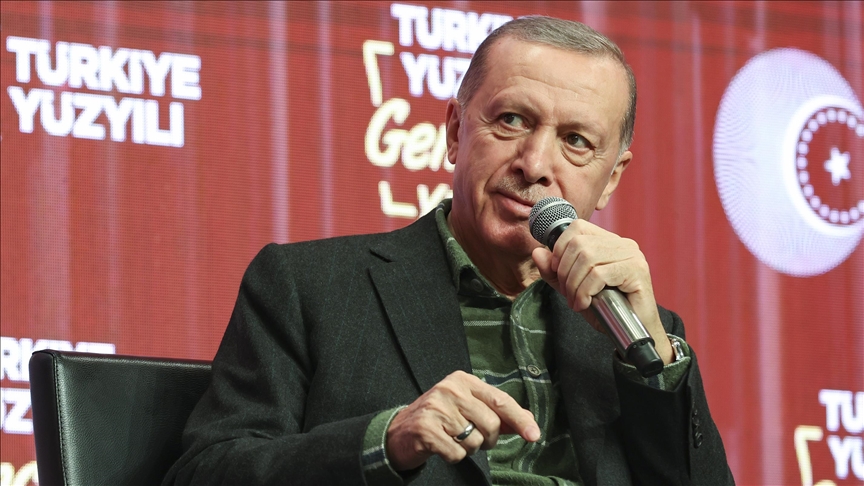U.S. troops to expand patrols in Syria despite tension with Turkey
Dan Lamothe, Louisa Loveluck
The Pentagon is preparing to resume full ground operations alongside Kurdish partners in northern Syria, officials said Tuesday, a move that risks further inflaming relations with NATO ally Turkey, which blames the Kurds for
a deadly bombing in Istanbul last month and has threatened a ground assault in retaliation.
U.S. commanders restricted such movements after Turkey unleashed air and artillery strikes on the Syrian Democratic Forces (SDF), which in tandem with American military personnel have kept a check on the Islamic State’s lingering presence in the region. The two groups have carried out only limited joint movements in recent days, to conduct security patrols and transport supplies between bases, officials said.
Three U.S. officials, speaking on the condition of anonymity to discuss a sensitive issue, said it is possible Turkey could follow through on its threat to send ground forces into northern Syria this month, potentially jeopardizing the Americans there and upending what has been a relatively stable situation for the past several years.
“We are concerned with any action that may jeopardize the hard-fought gains made in security and stability in Syria,” Col. Joseph Buccino, a U.S. military spokesman, said in a statement. “Further, we’re concerned for the security of the SDF, our vetted, recognized and reliable partners in a place where we’ve withdrawn most troops.”
The Turkish Embassy in Washington did not respond to requests for comment.
About 900 U.S. troops are deployed to Syria, most of them sharing bases with SDF personnel in the north. Those partner forces, Buccino said, are integral “to the ongoing effort to keep an ISIS resurgence at bay.” Among its responsibilities, the SDF oversees the al-Hol refugee camp, where tens of thousands of people — many of them the families of Islamic State militants — live in squalid conditions, unable to return to their home countries. SDF raids on the facility have
rounded up hundreds of suspected ISIS operatives this year, U.S. officials say.
Turkey considers America’s allies a subset of the Kurdistan Workers’ Party, which Washington and Ankara have designated a terrorist organization, and Turkey’s leaders have accused the United States of complicity in the Istanbul bombing. The explosion ripped through a crowded area of the city Nov. 13, killing at least six and wounding dozens of others. Turkish officials arrested a woman after the bombing and claimed she had been sent from northern Syria to carry out the attack.
The SDF’s top commander, Mazloum Abdi, denied his group was involved.
Turkey has followed through with a series of cross-border strikes, including one late last month that Buccino said
came within 150 yards of American personnel.
Farhad Shami, a spokesman for the SDF, said Tuesday that it had received indications that a limited incursion by Turkish or Turkish-backed forces might take place. “The Syrian Democratic Forces have no choice but to protect their people, the region, and fight to the end,” he said.
Shami accused Turkey’s president, Recep Tayyip Erdogan, of seeking to rally nationalist-minded voters ahead of a potentially tough reelection campaign early next year.
“If the offensive happens,” he added, “it will cause the displacement of more than 5 million people who live here, and ISIS will be active again.”
Mazloum, the SDF commander,
wrote in a Washington Post opinion piece over the weekend that he believes the airstrike in proximity to U.S. personnel “was an attempt on my life,” saying it occurred near the city of Hasakah. He claimed that Turkey had assassinated several of his colleagues this year. He offered condolences to Turkey for the Istanbul bombing, called for peace talks between the Turks and Kurds, and said that past Turkish incursions into northern Syria have allowed pockets of the Islamic State to bounce back after the group’s near-total defeat in 2019.
“We call on the international community to immediately take concrete steps to prevent a Turkish invasion and to promote a political solution to the Kurdish conflict based on democracy, coexistence and equal rights,” Mazloum wrote. “The existence of our people and the security of the region depend on it.”
The situation marks the latest chapter in an eight-year balancing act for U.S. officials, who, despite objections from Turkey, turned to the SDF to counter the Islamic State after floundering in earlier attempts to find a reliable partner in Syria.
Defense Secretary Lloyd Austin spoke last week to Hulusi Akar, the Turkish defense minister, in part to raise concern about the airstrikes that “directly threatened the safety of U.S. personnel,” the Pentagon said last week in a statement.
The chairman of the Joint Chiefs of Staff, Gen. Mark A. Milley, spoke Nov. 23 with his Turkish counterpart, Gen. Yasar Guler. By then, Turkish forces had launched more than 100 air, drone and artillery strikes into northern Syria.
A White House official, speaking on the condition of anonymity under ground rules set by the Biden administration, said that the United States continues to “make clear both privately and publicly that we strongly oppose military action, including a land incursion,” by Turkey in Syria.
“The United States did not approve Turkey’s recent strikes in Syria,” the official said, adding that while “Turkey has legitimate security concerns related to terrorism, we do not believe that military escalation that destabilizes the situation in Syria will resolve those concerns.”
Bradley Bowman, a foreign policy and military analyst at the Foundation for Defense of Democracies in Washington, said that without the SDF, the Islamic State would likely still hold broad swaths of territory, or that the U.S. military would have suffered thousands of casualties attempting to root the militants out on its own.
“If we want to keep the caliphate defeated and keep a lid on terrorist organizations, we need people on the ground, and that’s the SDF,” he said. “It’s in our interest to continue to support them and have them be successful, and Turkey needs to understand that.”
Bowman said that while some U.S. military officials continue to have good relationships with their Turkish counterparts, Turkey’s behavior in other ways has not been emblematic of other NATO allies. He cited Ankara’s purchase of the S-400 missile system from Russia and its reluctance to allow Sweden and Finland to join the military alliance.
“I just continue to see them doing problematic things,” Bowman said. The administration, he said, must make the case to Ankara that it needs to do more to remain an “ally in good standing.”
Loveluck reported from Baghdad.

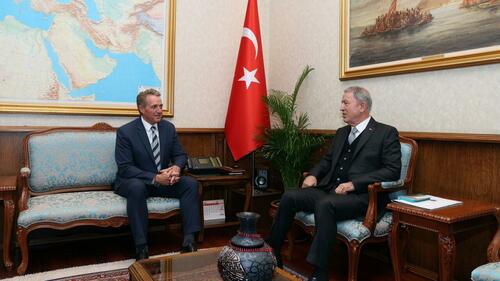 Turkish Defense Ministry/Twitter
Turkish Defense Ministry/Twitter


